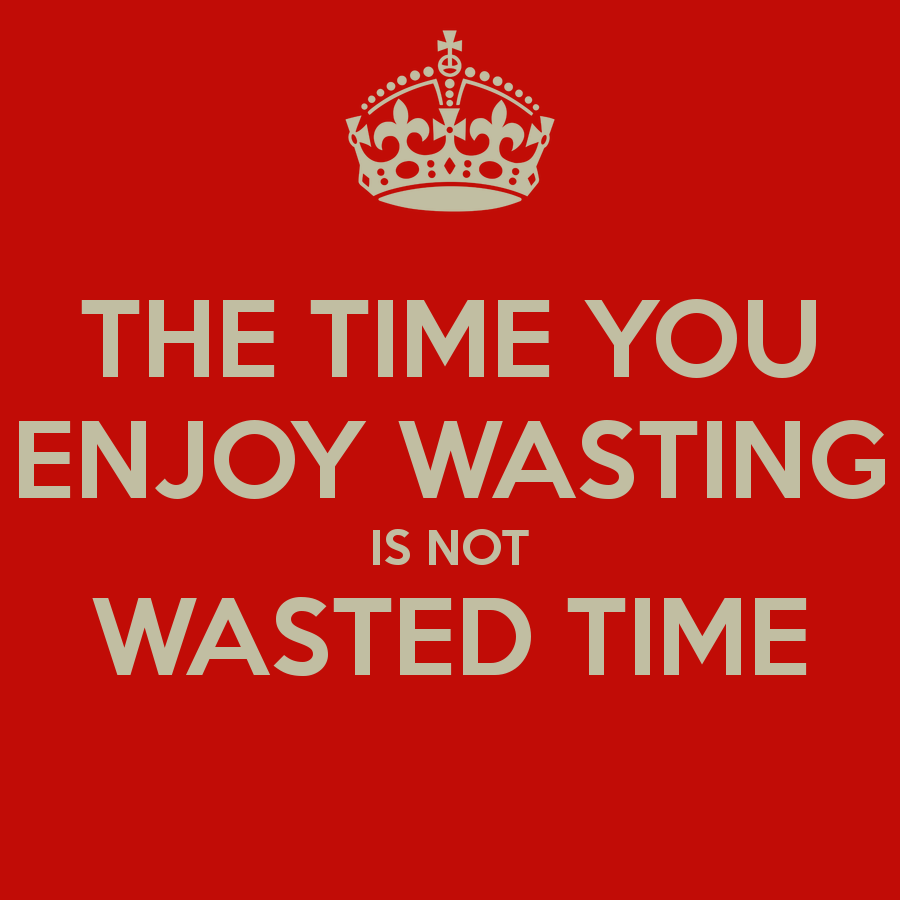Hello Friends, Family, and Fans;
As I mentioned last week, I’ve been diagnosed with ADHD. WIth that came a lot of things that I thought were universal but turns out are actualy ADHD.
Just a disclaimer here. These things are connected to my ADHD but aren’t necessarily only seen in people with ADHD. (They can also be influenced by my dyslexia, RSD, or anxiety.)
5. Planners
In highschool, I struggled with managing my time for assignments, projects, or readings. I tried everything to get organized. School gave me planners and I would write everything down, but the moment it was in the planner I forgot about it.
What finally worked in grade 11 was an electronic agenda. I put everything in it and I got a reminder that day. Unfortunately, it wasn’t able to remind me to start working on projects early. The electronic agenda didn’t work in university and I made writing essays the night before into an art.
I”ve tried to look at my work calendar each day and have sticky notes to remind me of things to do. I also have a very plentiful google notes account.
4. Voices and Habits
I thought when people said they were thinking of nothing, it meant that they didn’t want to explain the multilayered thoughts that were running through their head. Same with “clearing your mind” I thought that meant focusing on nothingness to try and stop your brain from thinking of everything. Apparently, not everyone has multiple voices in their head that narrate, explain, plan, and jump around.
When someone said they needed to form a habit, I thought they were exaggerating. I thought a habit was something you managed to remember to do everyday, not that it was something you could do without thinking. If I don’t concentrate on what I’m doing, even if I’ve done it a million times before, it won’t go well. I can’t trust my autopilot.
3. Inability to do only one thing
Go to class without doodling or drinking a coffee? Not bounce my leg when doing math? Not listen to music or watch TV while working? Walk without music?
Those all sound horrible. I thought I was just really good a multi-tasking. No, I just needed to keep myself from getting bored. It was shocking to me that people could focus for a whole 2 hour meeting (no matter the interest level) without fidgeting or drinking coffee or water.
2. Time
I absolutely HATE being late. I was yelled at a lot for it when I was young. I was told that no one would take me seriously if I was late, that it was rude, that I’d lose friends.
I tried everything to avoid being late or slow but I was late for school, got distracted going to the washroom, and sometimes wouldn’t notice the end of recess because I was so focused on what I was thinking.
By high school, I had realized that the downsides of being ridiculously early were minor compared to being late. That’s why I’m more likely to be 30-60 minutes early for an event than I am to be 5 minutes late. Also why I always have a book with me.
I still slip sometimes and I still feel panicked being late, even for coffee with a friend.
1. Form Paralysis
This one is embarrassing, since I design forms for work. However, when it comes to a medium-sized form or larger, I panic. I’m fine with the ones before you see a doctor or get a shot but anything above a page fills me with dread and it swims around as I try to understand what they want.
It builds and gets to the point that I can’t do it. It was so bad that I didn’t fill some important ones and it cost me money and opportunities in my writing career. (Jen’s been helping a lot.)
It’s easier with an HTML form vs a paper or PDF form. The smaller pages and clearer separations help.
This translates to any task that requires lots of steps. It’s a real struggle to get done, or started.
Again these aren’t things that affect every person with ADHD and they might not be exclusive to that. It’s my lived experience and things that have negatively impacted my life.
Be kind and stay safe,
Éric









